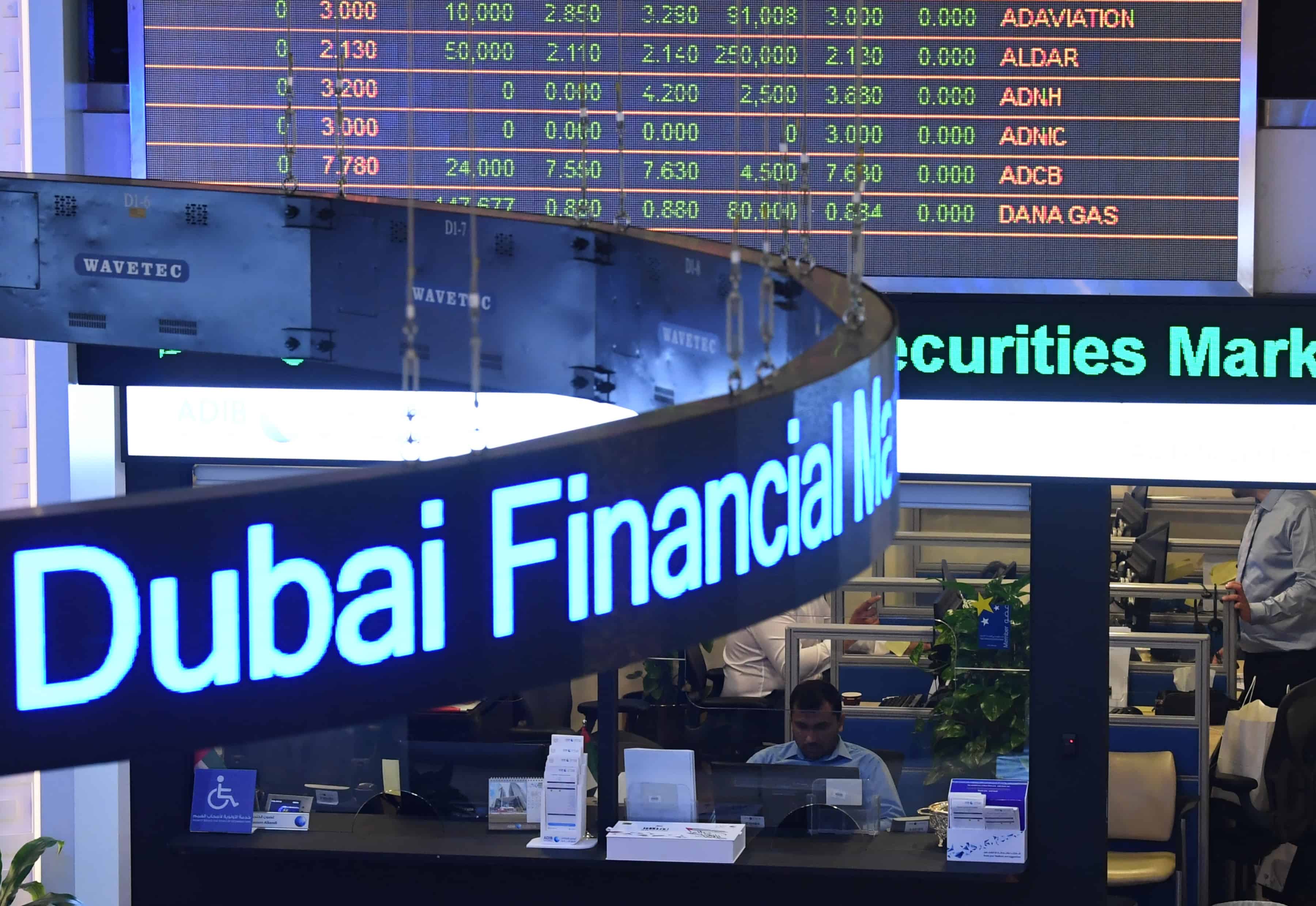A survey in the GCC region reveals that almost all the respondents believe that rising inflation will impact their cost of living by at least 10 percent while over two-thirds said they still view equity markets favorably.
The inflation impact is seemingly not lost on the public as evident from the survey findings.
A webinar and survey were recently conducted by the Continental Group,which is an insurance intermediary and financial services provider in the GCC region, in which several finance specialists demystified inflation and its current and potential impact on businesses, economic sectors and livelihoods.
The webinar was conducted in light of rising global inflation due to many factors, including the uneven post-pandemic recovery, the Russia-Ukraine crisis and tense geopolitics.
Over 41 percent of respondents cited inflation as the biggest threat to the global economy this year, followed by rising crude oil prices (30 percent) and widespread uncertainties (30 percent).
Furthermore, about 38 percent of respondents said inflation will impact their cost of living by over 20 percent.
The participants in the webinar were Joseph Graham, CFA, Managing Director & Investment Strategist, Lord Abbett; Atul Penkar, Senior Portfolio Manager, Aditya Birla Sunlife AMC; and Neelam Verma, Vice President & Head of Investments, The Continental Group.
“The last prominent inflation was in the 70s, the data of which is rather thin and inapplicable to present-day circumstances. In previous inflationary cycles, the curves were flattened through rate hikes, etc. In today’s case, however, with complex causal factors, the possibility of further steepening cannot be ruled out,” said Joseph Graham.
“Directly, people are witnessing it through higher domestic fuel prices. Indirectly, the impact will be felt through a rise in transportation and food costs, etc. The impact is across the board,” said Atul Penkar.
“In GCC, oil production has indeed led to cash surplus, and there are positive signs in local markets. However, because these are importing economies — particularly food imports — inflation is inescapable. And being pegged to the US dollar, they are essentially importing inflation,” said Neelam Verma.
“For investors, the solution hinges on strategic allocation, preferably in consumer staples, healthcare, tech, financials and energy,” she said.
Verma’s belief was substantiated in the audience poll, with 68 percent of respondents affirming their confidence in equity/stock markets. Conversely, the fixed income space found support from 21 percent of the respondents.
Despite noticeable risks of recession, Central banks continue to remain hawkish. Apprehensions over aggressive interest rate hikes by Central Banks are now abating due to their potential impact on inducing a recession.
“The Central Banks have a tough choice between excessive inflation or inducing recession,” said Verma.
“For the stocks and bond markets, this means that a greater part of the decline has already taken place and that a new rally phase could commence before long. A far greater decline would also be risky from the perspective of Central Banks as many assets serve as collateral for the loan,” she said.
Responding to questions from investors in attendance, Verma emphasized caution before exploring portfolio changes for short-term gains from commodities such as energy.
The webinar was hosted by The Continental Group, which is an insurance intermediary and financial services provider in the GCC region.







